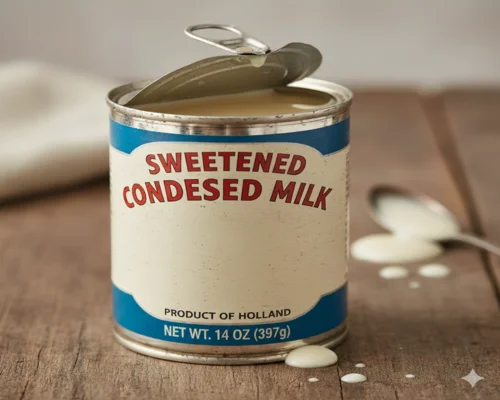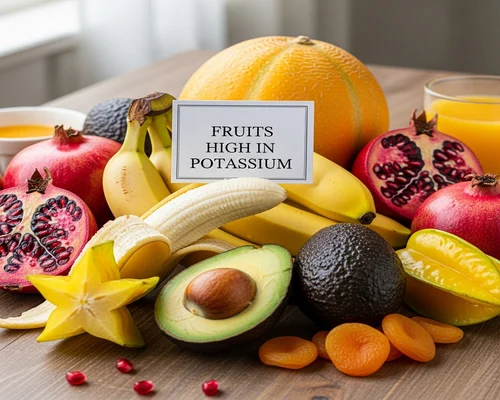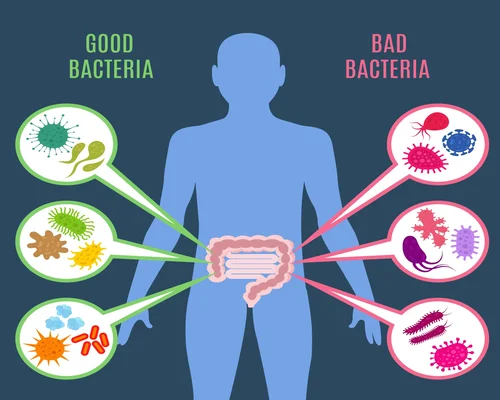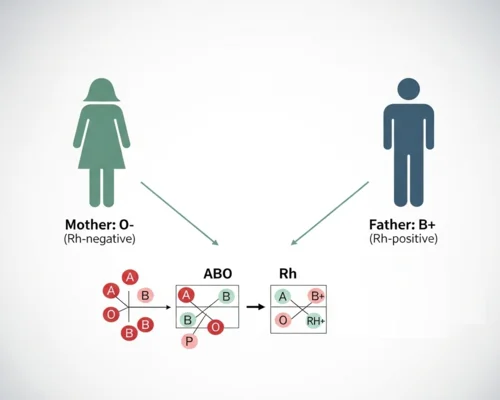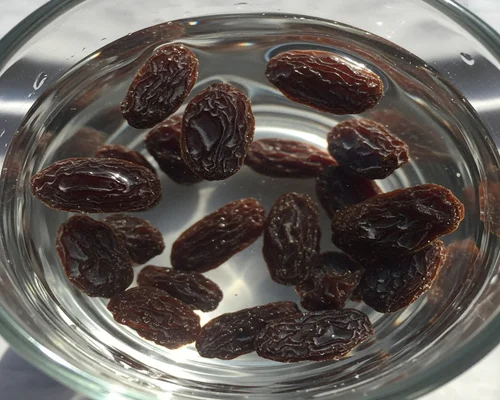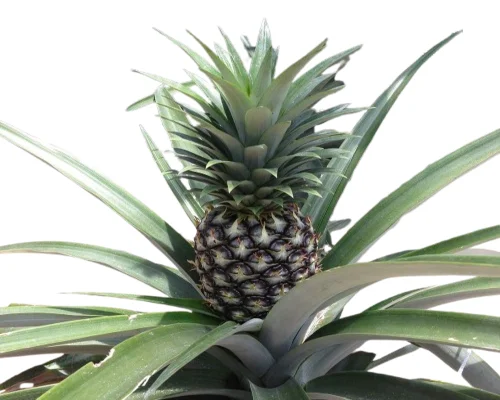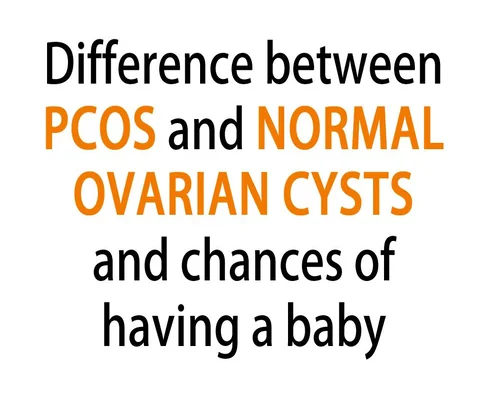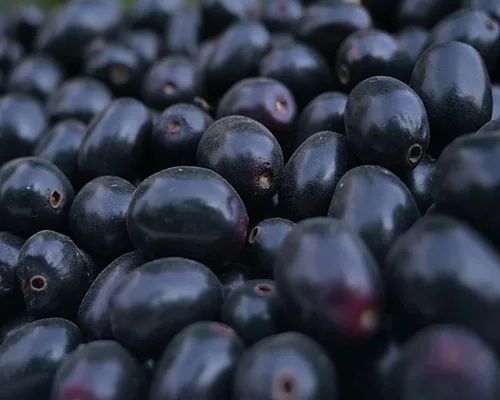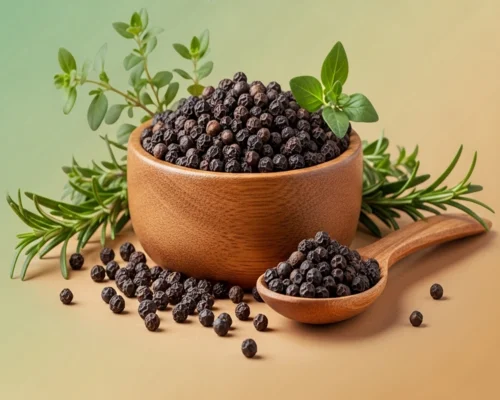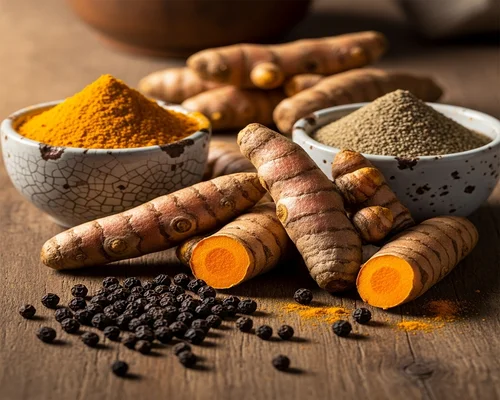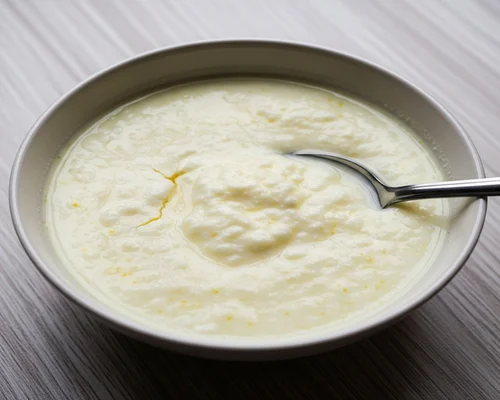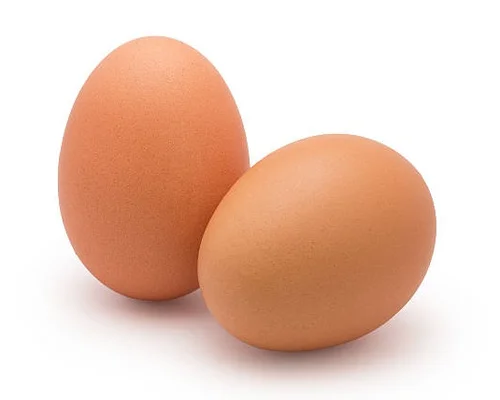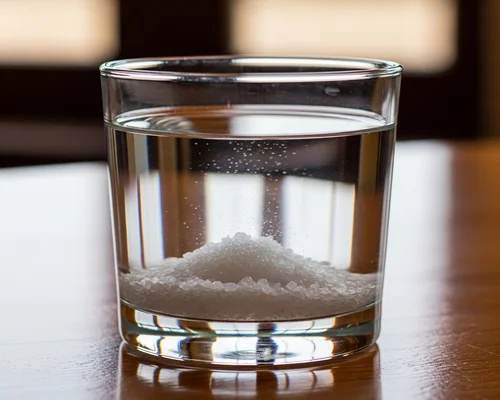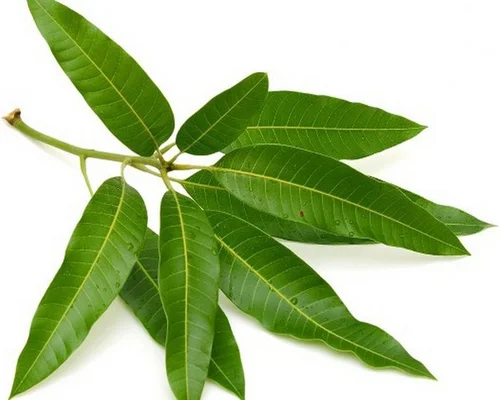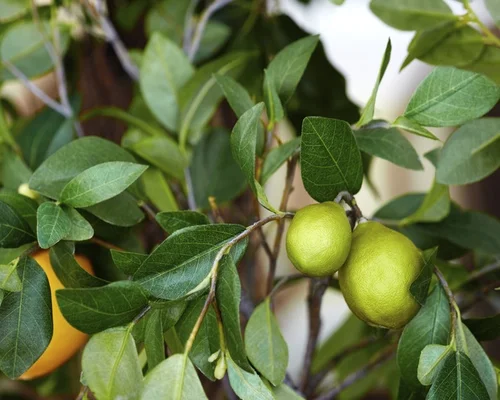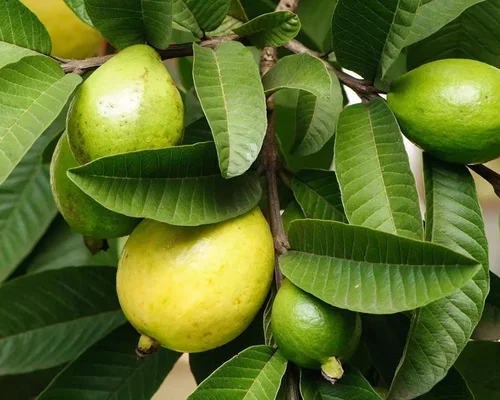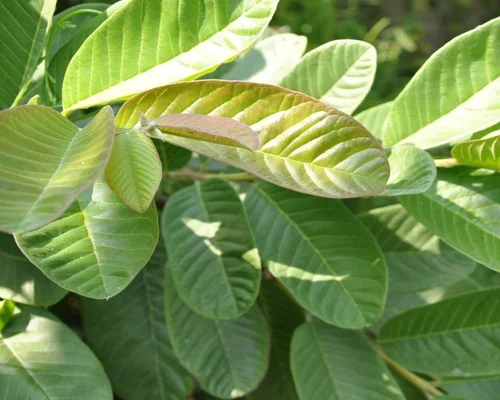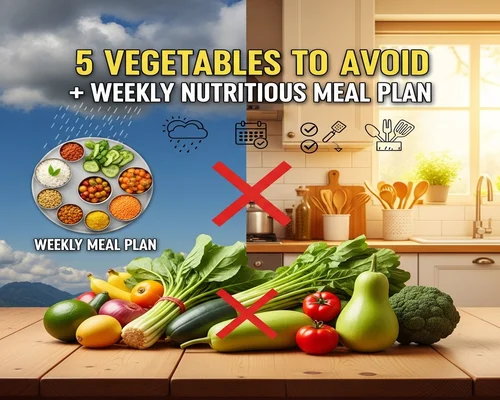
5 Vegetables to Avoid During Monsoon and Weekly Plan of Nutritious Meals
5 Vegetables to Avoid During Monsoon
During the monsoon, insects, bacteria and fungi multiply rapidly due to humidity and temperature fluctuations, which increases the risk of food poisoning, diarrhea and various stomach diseases. Experts have advised avoiding some vegetables during the monsoon, as they may contain tapeworm eggs or larvae, which can reach the stomach and brain and cause serious health problems.
5 Vegetables to Avoid During Monsoon:
1. Cabbage and Cauliflower
These vegetables may have tapeworm eggs hidden in every nook and cranny. If eaten without washing them properly, they can reach the stomach and brain. So, steam them with salt and hot water and cook them.
2. Brinjal
Eggplant seeds may contain tapeworm eggs. If eaten raw, they can enter the body. Wash them thoroughly before cooking.
3. Cabbage leaves and cabbage leaves
Cabbage leaves may contain tapeworm eggs. Wash them thoroughly before cooking and boil them.
4. Shrimp
Tapeworm eggs can hatch and larvae can emerge from shrimp within a week. So clean them thoroughly and cook them.
5. Mushrooms
Mushrooms spoil quickly in humid environments. If mushrooms available in the market look slightly black or soft, they should not be bought. Because eating spoiled mushrooms increases the risk of food poisoning.
Safe vegetables to eat during the monsoon:
Gourd: Has low moisture content, so it is safe to eat during the monsoon.
Potatoes and beans: These vegetables have low moisture content, so it is safe to eat during the monsoon.
Caution:
Vegetables should be washed and boiled thoroughly before eating.
Avoid eating raw or uncleaned vegetables.
Clean vegetables thoroughly after buying them from the market.
Weekly Plan of Nutritious Meals
A 7-day weekly plan of safe and nutritious meals for the monsoon, which are light, safe and easy to prepare for the stomach and body.
Monday
Breakfast: Oats or chickpea milk porridge, banana
Lunch: Boiled gourd fritters, lentils, rice
Snacks: Carrots or cucumber slices, nuts
Dinner: Patal Dum, brown rice, curd
Tuesday
Breakfast: Chickpeas-curd, seasonal fruits
Lunch: Chiching or lean fish, boiled vegetables (avoid cabbage/cauliflower)
Snacks: Boiled beans, tamarind or lemon juice
Dinner: Boiled vegetables with broth, light rice
Wednesday
Breakfast: Light milk porridge, apple or guava slices
Lunch: Okra or bean fritters, lentils, rice
Snacks: Raisins, nuts or light dry fruits
Dinner: Gourd soup, sour Yogurt
Thursday
Breakfast: Oats-fruit mix, almonds
Lunch: Boiled chicken, carrot-cucumber salad, rice
Snacks: Seasonal fruits, fresh lemon juice
Dinner: Patal bhaji or dum, light rice
Friday
Breakfast: Yogurt-chira, banana or guava
Lunch: Boiled gourd/pumpkin bhaji, dal, rice
Snacks: Tamarind water or almonds
Dinner: Vegetable soup, light bread
Saturday
Breakfast: Oats/chira, seasonal fruits
Lunch: Beans or okra bhaji, light rice, sour yogurt
Snacks: Carrots/cucumber slices, almonds
Dinner: Patal or lau dum, light rice
Sunday
Breakfast: Yogurt, apple
Lunch: Boiled fish, vegetable soup, rice
Snacks: Seasonal fruits or nuts
Dinner: Boiled vegetables and pulses, light rice
Special tips
During the monsoon, wash and boil vegetables thoroughly.
Fruits should always be washed and eaten.
Boil or fry fish and chicken thoroughly.
Drink plenty of water, especially during the monsoon.
Avoid raw or uncleaned vegetables, food from wet markets during the monsoon.

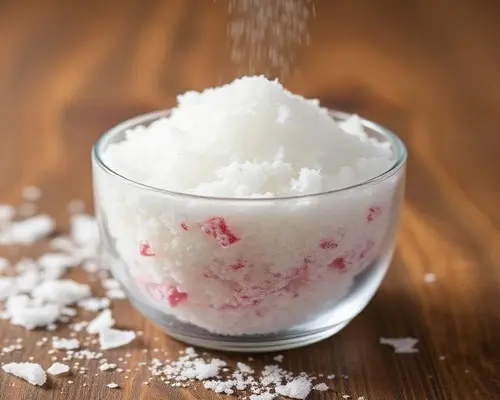
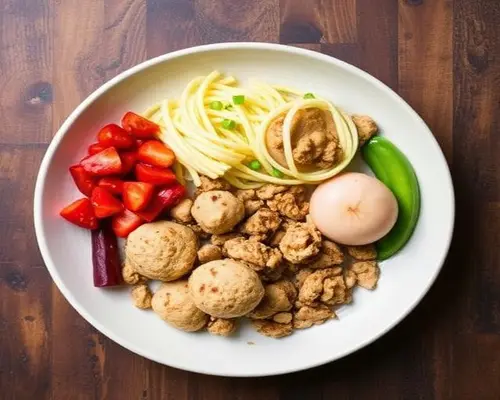
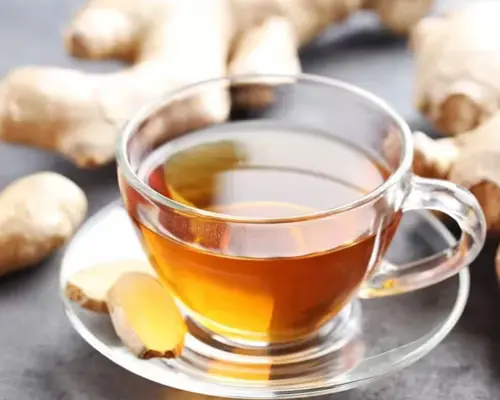
-vegetable.webp)

